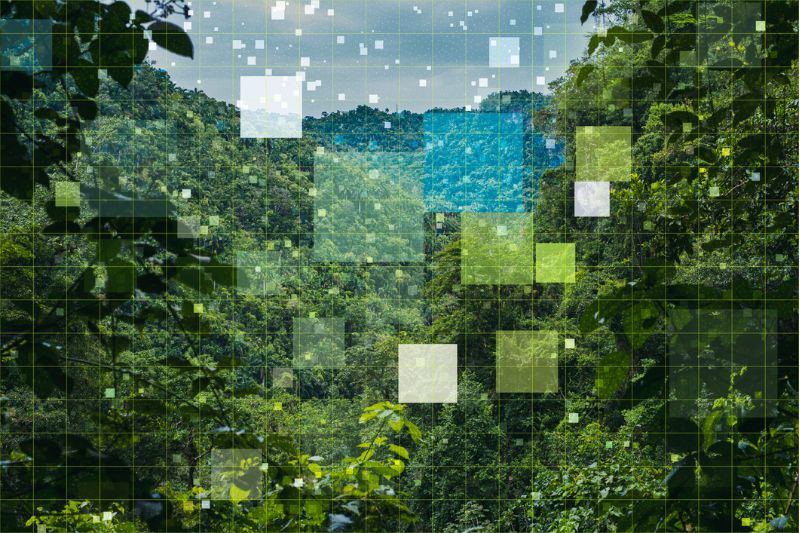The recent Women’s Football World Cup, with its acting-out of the Enlightenment values of liberty, equality and fraternity, was a delightful patch of blue sky among more ominous dark clouds. The fires and floods in the Northern Hemisphere have emphasised the threat of climate change to people’s lives throughout the world. They foreshadow the future. Less dramatically the gradual unrolling of Artificial Intelligence (AI) has also revealed its threat to the livelihood of many white collar workers and its potential for blurring the distinction between reality and illusion. It is one of many developments in technology with the potential to reshape human life. Experience tells us that any negative effects will fall most heavily on people on the edges of society.

For that reason those concerned with building a more just society will need to reflect more deeply and broadly on social justice. The Catholic Church, among many other institutions, has a long tradition of such reflection, having responded initially to the world shaped by the French and the Industrial Revolutions. The latter and the laissez faire economic assumptions that accompanied it disempowered and alienated workers and disrupted their personal and religious relationships. Like others, Catholic thinkers worked to advocate for just economic and political relationships between workers, employers and governments asking how they ought to be shaped if they are to contribute to decent human living.
The reach of reflection on social justice then expanded to meet new situations and ideologies. Increasingly devastating wars, economic depression, the rise of totalitarian regimes, the challenge of preserving peace, decolonisation, population growth, inequality and neo-liberal economic assumptions have all involved complex changes in social and economic relationships. They have demanded constant reflection to ensure that people who are most disadvantaged are protected and supported.
Under Pope Francis, the scope of Catholic reflection on Social Justice has expanded beyond the focus on the economy, migration and war to include the environment. It responded to the threat of climate change. The development recognises that human beings can flourish only if our personal and institutional relationships to the environment of which we are part are respectful. For this reason any commitment to social justice through policies and programs needs to take into account the effects of climatic change on people who are disadvantaged. This expansion of social justice to include the environment has prompted the adoption of the term Integral Justice.
The threat of climate change, however, is of a different order than the previous challenges to human flourishing. In the first place, if it is unchecked it will threaten the delicate network of relationships that constitute our human environment, and as a result will threaten human life as we know it. It is a crisis that extends beyond the shape of relationships between human beings to affect their very possibility. It is therefore integral to reflection on the justice of all those relationships. As with other sets of social relationships people living on the margins will be the canaries in the mine.
Second, the decisions and social structures which we now implement or neglect to make in response to climate change will inevitably and irrevocably shape the lives of our descendents. If we put our profit and comfort above reducing emissions our children and grandchildren will pay the price. Thinking about social justice and the relationships between social groups then needs to think about the effect of what we do on future generations and especially on the marginalised. Social justice must also be intergenerational.
'All these developments, and the profit that stands to be made by the large companies which fund them, pose important questions about what it means for us to be social beings accountable to one another.'
The urgency of the challenge of climate change may seem to be far higher than that posed by the initial development of Artificial Intelligence. Appearances, however, are illusory. Public concern about AI has so far focused on its economic effect on employment in industry, planning, in creative work and in publications. It may also affect human flourishing, however, through its effect on planning and implementing ideas, on physical presence to others in work and in recreation, and on the privatisation of truth. When it is joined to the project of a metaverse in which brains are adapted to computers in a virtual world of the user’s choice, the pressures on people who are marginalised will be incalculable.
AI is only one of many technologies with the potential to affect human flourishing. Advances in genetic and nano technology also have the potential to alter human lives according to our choice. We can imagine the power of genetic engineering to prevent hereditary illnesses, to create designer babies, to create human beings and hybrids in a laboratory and to introduce genetic modifications into human beings with incalculable results. All these developments, and the profit that stands to be made by the large companies which fund them, pose important questions about what it means for us to be social beings accountable to one another.
Communal reflection and regulation of these developments, which have potential for good as well as for harm, are threatened both by massive inequality that enables those who develop the technologies to do so for further profit and also by a popular culture that privileges individual choice over the common good. In such a world, people who are disadvantaged will be increasingly vulnerable to deprivation of agency, of sociality and to be seen as objects to be dealt with by new technologies.
For this reason reflection on social justice must include in its remit the effects of new technologies on persons and their economic, political and environmental relationships.
Andrew Hamilton is consulting editor of Eureka Street, and writer at Jesuit Social Services.
Main image: (Getty images)